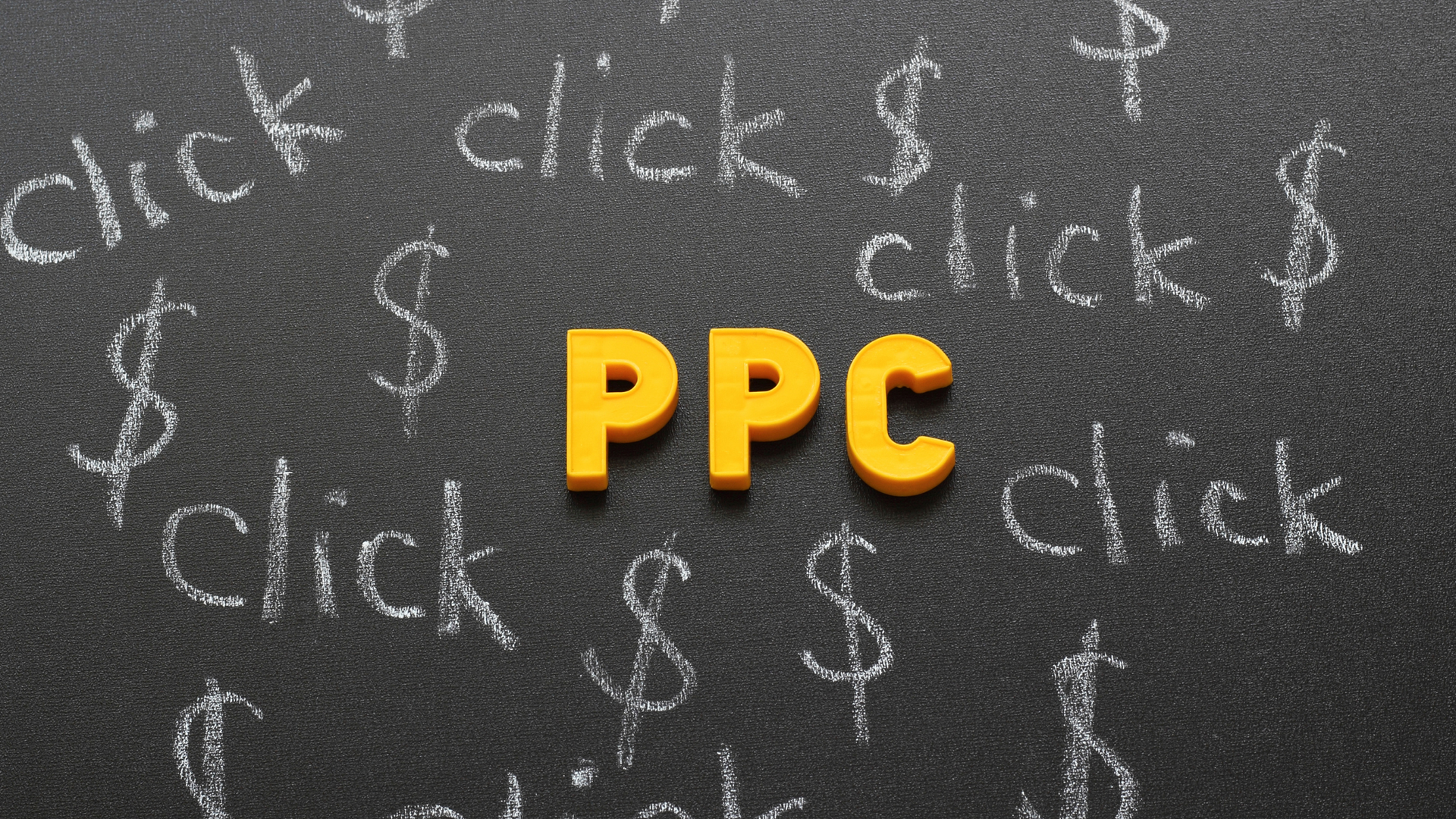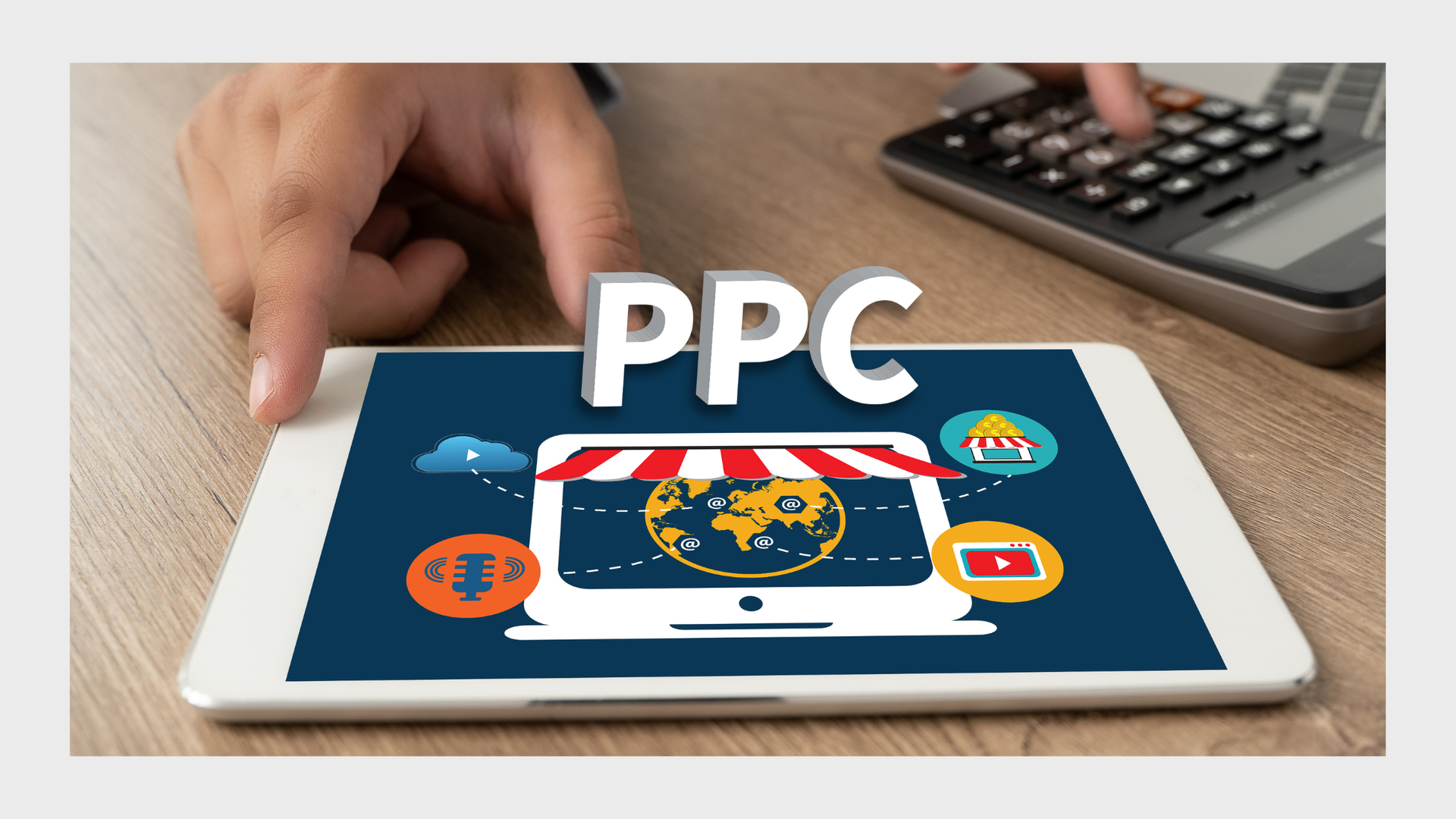Local SEO for Small Business: Common Mistakes and How to Avoid Them
In today's competitive digital landscape, having a strong online presence is crucial for small businesses looking to attract local customers. While many small business owners understand the importance of digital marketing, we've noticed that local SEO is often overlooked or implemented incorrectly.
At Social Media Time, we work with small businesses across the UK to improve their visibility in local search results. Over the years, we've identified numerous common local SEO mistakes that prevent businesses from reaching their full potential online.
This comprehensive guide will walk you through the most common local SEO mistakes we see and provide actionable advice on how to avoid them. Whether you're new to local SEO or looking to refine your current strategy, this article will help you understand how to effectively optimise your online presence to attract more local customers.
What is Local SEO and Why Does It Matter?
Before diving into the common mistakes, let's establish what local SEO actually is and why it's so important for small businesses.
Local SEO (local search engine optimisation) is the process of optimising your online presence to attract more business from relevant local searches. These searches take place on Google and other search engines, often with location-specific intent (e.g., "plumber in Norwich" or "coffee shop near me").
For small businesses, local SEO is particularly valuable because:
- 46% of all Google searches are looking for local information
- 88% of consumers who conduct a local search on their mobile device visit or call a store within 24 hours
- 97% of people learn more about a local business online than anywhere else
When implemented correctly, a strong local SEO strategy helps your business appear in relevant local searches, driving more foot traffic, phone calls, and, ultimately, revenue.

12 Common Local SEO Mistakes and How to Avoid Them
1. Neglecting Your Google Business Profile
Perhaps the most critical mistake we see small businesses make is neglecting their Google Business Profile (formerly known as Google My Business). This free tool is the cornerstone of local SEO, yet many business owners either don't claim their listing or fail to optimise it properly.
Your Google Business Profile significantly impacts how you appear in local search results and Google Maps. When potential customers search for products or services you offer, a well-optimised profile increases your chances of appearing in the coveted "Local Pack" – the highlighted business listings that appear at the top of search results with a map.
How to Avoid This Mistake:
- Claim and verify your Google Business Profile if you haven't already
- Ensure your business name, address, and phone number are accurate and consistent
- Choose the most relevant primary and secondary business categories
- Add high-quality photos of your business, products, and services
- Write a comprehensive business description that includes relevant keywords
- Keep your business hours updated, especially during holidays
- Regularly post updates, offers, and events
2. Inconsistent NAP Information Across Online Platforms
NAP stands for Name, Address, and Phone Number. Consistency in this information across all online platforms is crucial for local SEO success. Search engines like Google cross-reference your business information across various online directories and platforms to determine your credibility.
When your NAP details are inconsistent – perhaps your address is written differently on your website than on your Google Business Profile, or your phone number is incorrect on a review site – it creates confusion for both search engines and potential customers.
How to Avoid This Mistake:
- Conduct a NAP audit across all online platforms where your business is listed
- Create a standardised format for your business information and stick to it
- Update outdated information on all business listings, directory listings, and your own website
- Use a local citation management tool to monitor your listings across the web
- Ensure your website address is consistent and uses HTTPS
3. Ignoring Customer Reviews
Online reviews play a crucial role in local SEO and consumer decision-making. According to research, 87% of consumers read online reviews for local businesses, and positive reviews make 73% of consumers trust a business more.
Despite this, many business owners either ignore the importance of reviews or, worse, react poorly to negative feedback. Both approaches can significantly harm your local SEO performance and business's credibility.
How to Avoid This Mistake:
- Actively encourage satisfied customers to leave reviews on Google, Facebook, and other relevant review sites
- Implement a system for consistently requesting reviews from customers
- Respond to all reviews – both positive and negative – professionally and promptly
- Address negative reviews constructively and take the conversation offline when appropriate
- Monitor review sites regularly to stay on top of customer feedback
4. Poor Keyword Research and Implementation
Many local businesses either target overly competitive keywords or fail to incorporate local keywords effectively into their content. Without proper keyword research, your SEO efforts may be targeting the wrong audience or missing valuable opportunities to rank for relevant local searches.
How to Avoid This Mistake:
- Conduct thorough keyword research focusing on geo-specific keywords relevant to your business
- Identify long-tail keywords that reflect how your local customers search for your products or services
- Incorporate local keywords naturally into your website content, meta descriptions, title tags, and headings
- Create location-specific pages if you serve multiple areas
- Use tools like Google Keyword Planner, Ahrefs, or SEMrush to identify relevant keywords
- Pay attention to "near me" searches and local intent keywords
5. Neglecting Local Link Building
Backlinks (links from other websites to yours) remain one of the most important ranking factors for SEO. For local businesses, acquiring quality backlinks from other local websites is particularly valuable but often overlooked.
Many small businesses focus solely on on-page SEO elements while neglecting the importance of creating backlinks from local sources that can significantly boost their local search rankings.
How to Avoid This Mistake:
- Partner with local organisations, charities, or events for link-building opportunities
- Get listed in local business directories and industry-specific platforms
- Create valuable, shareable content that local news outlets might reference
- Participate in local community events and ensure your involvement is mentioned online
- Consider sponsoring local events or teams to gain backlinks from their websites
- Network with complementary local businesses for mutual link exchanges
6. Inadequate Local Content Strategy
Content that speaks directly to your local audience is essential for local SEO success. Many small businesses fail to create location-specific content that addresses the needs, concerns, and interests of their local community.
How to Avoid This Mistake:
- Develop blog posts, guides, and resources specifically for your local audience
- Create location-specific pages for each area you serve
- Share local news, events, and developments relevant to your industry
- Feature customer success stories from local clients
- Include local landmarks, references, and terminology in your content
- Address specific challenges or opportunities unique to your location
7. Poor Mobile Optimisation
With mobile searches accounting for approximately 60% of all Google searches and mobile-first indexing now standard, having a mobile-friendly website is no longer optional for local SEO success.
Yet many small businesses still have websites that perform poorly on mobile devices, frustrating potential customers and harming their search rankings.
How to Avoid This Mistake:
- Ensure your website is fully responsive and functions well on all device sizes
- Optimise page load speed for mobile users (aim for under 3 seconds)
- Use Google's Mobile-Friendly Test to identify and fix issues
- Implement a clean, thumb-friendly navigation system
- Ensure text is readable without zooming
- Optimise images for mobile viewing
- Include click-to-call buttons for easy contact on mobile devices
8. Ignoring Local Schema Markup
Schema markup is a type of structured data that helps search engines understand the content on your website. Local business schema, in particular, can provide search engines with specific information about your business, enhancing your local search visibility.
Despite its importance, many small businesses either don't implement schema markup or do so incorrectly.
How to Avoid This Mistake:
- Implement local business schema markup on your website
- Include key information such as business name, address, phone number, business hours, and accepted payment methods
- Use Google's Structured Data Testing Tool to check your implementation
- Consider adding review schema, FAQ schema, and product schema where appropriate
- Keep your schema information up to date as your business evolves
9. Neglecting Local SEO Performance Tracking
Without tracking key metrics, it's impossible to know if your local SEO strategy is working or where improvements are needed. Many small business owners implement various SEO tactics without establishing baselines or monitoring results.
How to Avoid This Mistake:
- Setup Google Analytics and Google Search Console to track website traffic and performance
- Use a local rank tracker to monitor your positions for target keywords
- Track phone calls, direction requests, and website visits from your Google Business Profile
- Monitor review quantity and quality across platforms
- Setup conversion tracking to see which local SEO efforts drive actual business
- Schedule regular performance reviews to adjust your strategy based on data
10. Ignoring Technical SEO Issues
Technical SEO forms the foundation of your website's search performance. Issues like slow loading times, broken links, or poor site structure can significantly impact your local search rankings, yet they're often overlooked by small business owners.
How to Avoid This Mistake:
- Conduct regular technical SEO audits using tools like Screaming Frog, Semrush, or Ahrefs
- Ensure your website loads quickly (use Google PageSpeed Insights for recommendations)
- Fix broken links and implement proper redirects when necessary
- Create and submit an XML sitemap to Google Search Console
- Implement proper URL structure and internal linking
- Ensure your website is secure with HTTPS
11. Poor Social Media Integration
While social media signals aren't direct ranking factors, a strong social media presence can indirectly boost your local SEO by increasing brand awareness, driving traffic to your website, and generating engagement that can lead to more reviews and backlinks.
Many small businesses fail to integrate their social media efforts with their broader local SEO strategy.
How to Avoid This Mistake:
- Maintain active, consistent profiles on social platforms relevant to your audience
- Include accurate NAP information on all social profiles
- Share local content and engage with local audiences on social media
- Use social platforms to promote positive reviews and respond to customer feedback
- Include location tags and local hashtags in your social posts
- Cross-promote content between your website and social channels
12. Failing to Optimise for "Near Me" Searches
The popularity of "near me" searches has exploded in recent years, with Google reporting a 900% increase in mobile searches for "near me today/tonight" over two years. Despite this trend, many small businesses haven't optimised their online presence for these high-intent local searches.
How to Avoid This Mistake:
- Ensure your Google Business Profile is fully optimised with complete and accurate information
- Include location-based keywords in your website content, meta titles, and descriptions
- Implement local business schema markup
- Build citations across relevant online directories
- Generate positive reviews to improve your visibility for "best near me" searches
- Create content that addresses the immediate needs of "near me" searchers
Measuring Your Local SEO Success
Implementing the strategies above is just the beginning. To truly succeed with local SEO, you need to regularly measure your performance and adjust your approach accordingly. Here are the key metrics we recommend tracking:
- Local Ranking Positions: Track your rankings for your target keywords in local search results
- Google Business Profile Insights: Monitor views, actions, direction requests, and calls
- Website Analytics: Track local organic traffic, bounce rate, and conversion rates
- Review Performance: Monitor the quantity, quality, and recency of reviews across platforms
- Citation Consistency: Regularly audit your NAP information across online platforms
- Backlink Profile: Track the quality and quantity of local backlinks to your website
Conclusion
Local SEO for small business success doesn't have to be complicated, but it does require attention to detail and consistency. By avoiding these common local SEO mistakes, you'll be well on your way to improving your visibility in local search results and attracting more customers to your business.
At Social Media Time, we've helped countless small businesses across the UK improve their local SEO performance and achieve sustainable growth. Whether you're just getting started with local SEO or looking to take your existing strategy to the next level, we're here to help.
Remember, local SEO is not a one-time effort but an ongoing process that requires regular monitoring and adjustment. By staying vigilant about these common mistakes and implementing our recommended solutions, you'll establish a strong foundation for long-term local SEO success.
If you'd like to learn more about how we can help your business improve its local SEO performance, contact us today for a free consultation. Our team of experts will provide valuable insights tailored to your specific business needs and goals.
FAQs About Local SEO for Small Businesses
How long does it take to see results from local SEO efforts?
While some changes, like updating your Google Business Profile, can show results relatively quickly, comprehensive local SEO typically takes 3-6 months to show significant results. Patience and consistency are key.
How important are customer reviews for local SEO?
Extremely important. Reviews not only influence potential customers but also play a significant role in local search rankings. Focus on generating authentic, positive reviews across multiple platforms.
Can I do local SEO myself, or should I hire an agency?
Many aspects of local SEO can be handled in-house, especially with smaller businesses. However, a professional agency like Social Media Time can provide expertise, tools, and time-saving benefits that often make it a worthwhile investment.
How often should I update my local SEO strategy?
You should continually monitor performance and make minor adjustments as needed. Conduct a comprehensive review of your strategy quarterly and a major overhaul annually or whenever Google makes significant algorithm changes.
Does social media really impact local SEO?
While not a direct ranking factor, social media can significantly impact your overall online presence and indirectly boost your local SEO through increased visibility, engagement, and potential for backlinks.










